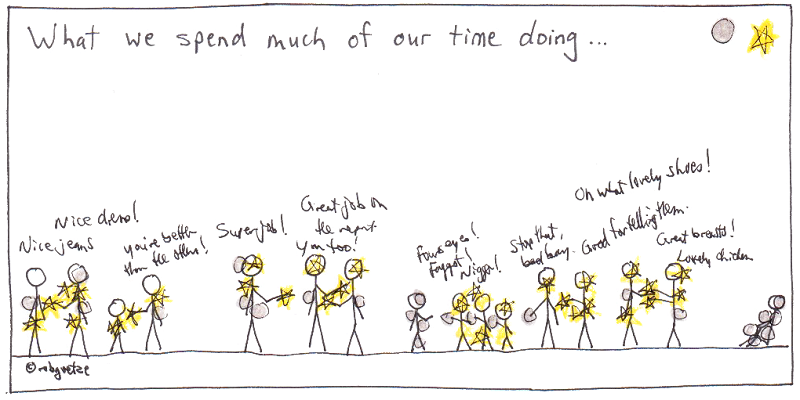The church is not a museum for saints but a hospital for sinners.
The church is not a museum for saints but a hospital for sinners.
After hearing this saying in a recent sermon, I realized I don't like "hospital for sinners" anymore than I like "museum for saints".
But first, here's what the point of this saying seems to be: Rather than the church being for those who are perfect and do not need to change anymore, the church is for those who need God and His healing.
As Fr. Peter Daly said, "A broken world needs a place to bring its spiritual injuries. We need an emergency room more than a courtroom. We want healing more than judgment."
More on this
perspective from the National Catholic Reporter.
I get that. That makes sense. So what's there not to like?
For starters, I don't like hospitals.
In fact, I don't think most people like hospitals.
And I'm not sure if people who are not part of a church culture think of themselves as sinners. (Do those who are in a church culture think of themselves as sinners? Or are sinners "the people out there?")
But more than that, while all analogies break down at some point, this one breaks down very quickly. Here's a little destruction for your day:
A hospital is run by professionals.
Professionals are not sick like you.
Professionals know what's best for you.
They prescribe medications and treatments.
They focus on the problem, not the person.
They usually don't care about the rest of your life.
There is no personal relationship between you and them.
The other patients are simply that, other patients.
There is little or no relationship between you and the other patients, unless you are in long-term care.
Once you are better, you leave, hoping not to have to come back.
And then there are bigger words, like power and privilege.
Hospitals are built on them.
And therefore, hospitals are othering.
No thanks.
[
part 2]















